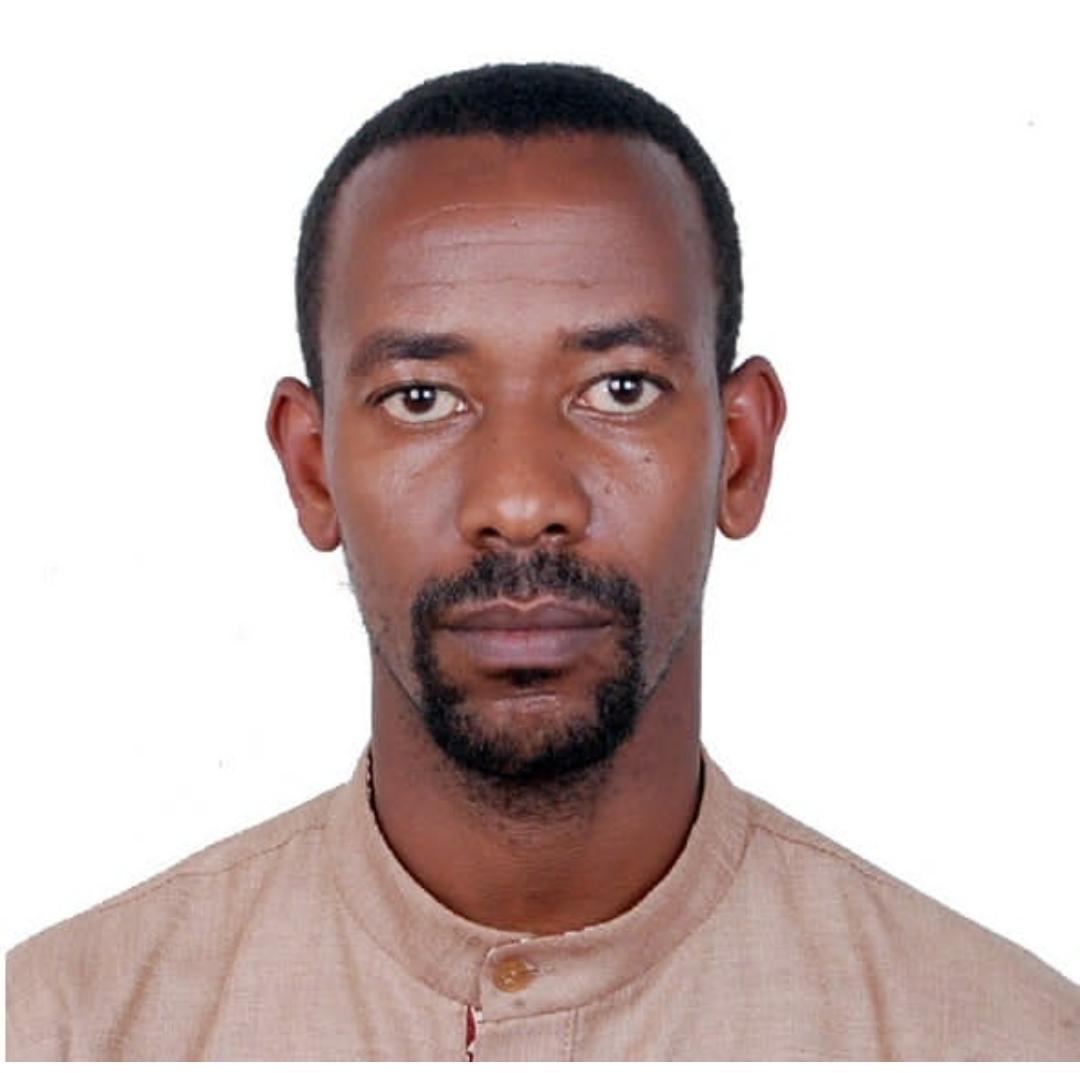KIGALI - An Italian priest has been listed among the twenty people who will today be honoured as ‘Silent Heroes’ for their courageous role, in rescuing Tutsis that were being hunted down by machete wielding militiamen during the 1994 Genocide.


KIGALI - An Italian priest has been listed among the twenty people who will today be honoured as ‘Silent Heroes’ for their courageous role, in rescuing Tutsis that were being hunted down by machete wielding militiamen during the 1994 Genocide.
Father Mario Falconi, who during the Genocide was parish priest of Muhura church in the Eastern Province, will be honoured for saving more than 3,000 Tutsis by hiding them in the church during massacres.
Father Falconi, refused to be evacuated to Italy because he wanted to remain near the people he had served for so long.
This is the second time that the catholic priest will be honoured for this humanitarian act after having received an award from Ibuka, the umbrella organisation of Genocide survivors last April.
According to Dorah Urujeni, an official with ‘Memos-Learning from the History,” others to be awarded include eight women and 12 men.
"Five of the people to be awarded will get their awards posthumously and their spouses will receive the awards on their behalf,” said Urujeni.
Each rescuer will be handed a certificate of merit and will also be given financial assistance for micro-projects especially the local rescuers.
Rescuers speak out
Anna Mukarurinda lost her husband Joseph Mugabo sometime last year. The couple saved nine Tutsis during the mayhem.
"My husband brought people home when the killings started; we hid them in all possible corners of the house.
Sometimes we would hear rumours that our house will be checked and we would relocate them,” said Mukarurinda.
She added that time came and the killers threatened her and Mugabo to produce the Tutsis they were hiding or be killed but they refused.
Charles Bapfakurera is one of the people who survived the killings by hiding at Mukarurinda’s house.
"Mugabo and his wife did everything possible to save us; feeding us was the hardest part of it because they were being monitored,” Bapfakurera said.
Another rescuer, Marcel Barihabwa saved five people.
"My trick was to relocate them every night, until I traced an escape route through to the Democratic Republic of Congo and I made sure they arrived there safely.”
Gabriel Habiyambere was among the survivors saved by Barihabwa, and according to him, he was initially prompted to go to his neighbor’s house in such of food.
"He was a friend and I decided to go to his house just to get food, but when I got there, he insisted that he wanted to make sure that I survive and decided to hide me,” said Habiyambere.
Several local and international scholars are expected to speak during the award giving ceremony.
The function is organized by Memos-Learning from History, Ibuka, Avega-Agahozo and the Hamburg Institute of Social Research based in Germany.
Ends


